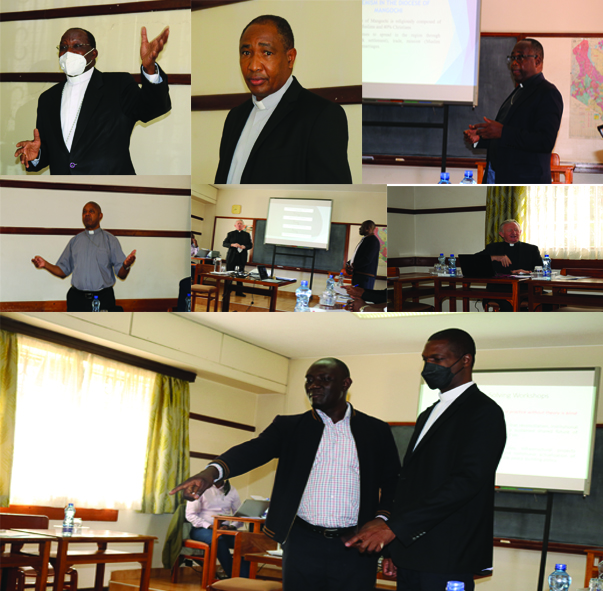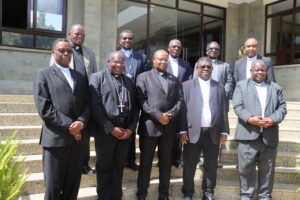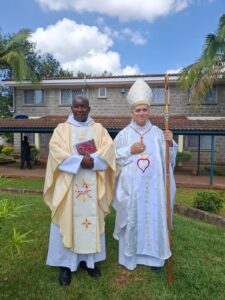AMECEA: Brainstorms on Religious Ideological Extremism and Way forward

Sr. Jecinter Antoinette Okoth, FSSA
During a two-day workshop discussing on religious ideological extremism and radicalization in the Association of Member Episcopal Conferences in Eastern Africa (AMECEA) region, participants proposes various ways to stem the phenomenon.
In their discussion, participants who were mainly prelates and clergy from Kenya, Malawi and Tanzania suggested, among others, the need to “promote Catholic teachings on ecumenism and interreligious dialogue especially on religious fundamentalism and religious ideological extremism,” and come up with “Strategies on community engagement to develop good relationships with significant actors that will foster attentive listening to common concerns for concrete community interventions by stakeholders.”
Additionally, they suggested that “Conferences should engage education professionals and legal practitioners to ensure that values are upheld in all learning institutions within the region,” and also to “reawaken commitment in the Catholic education sector, so as to address the emerging issues and promote Catholic values in the learning institutions especially in the administration.”
During the workshop that was organized by AMECEA Social Communications Department, a team from Shalom-Center for Conflict Resolution and Reconciliation (SCCRR), an organization whose mission is to “Work for a society free of physical violence and unjust social structures in Africa, while building peaceful and reconciled communities,” expressed their commitment in conflict transformation and peace building in the AMECEA region.
According to Fr. Patrick Devine the Shalom-SCCRR’s International Chairman, “Extremism and terrorism continues to result into deaths, maiming, displacement, disruption of development, fear, suspicion and tension among communities,” but amidst all these, “there is need to promote the Gospel values which include peace, justice, truth and mercy.”
The team from Shalom-SCCRR encouraged developing relationships with opinion leaders in the society, consulting with relevant state security administrations and listening attentively to other people’s concerns at grassroots level, as some strategies to engage with the community for transformation purposes.


